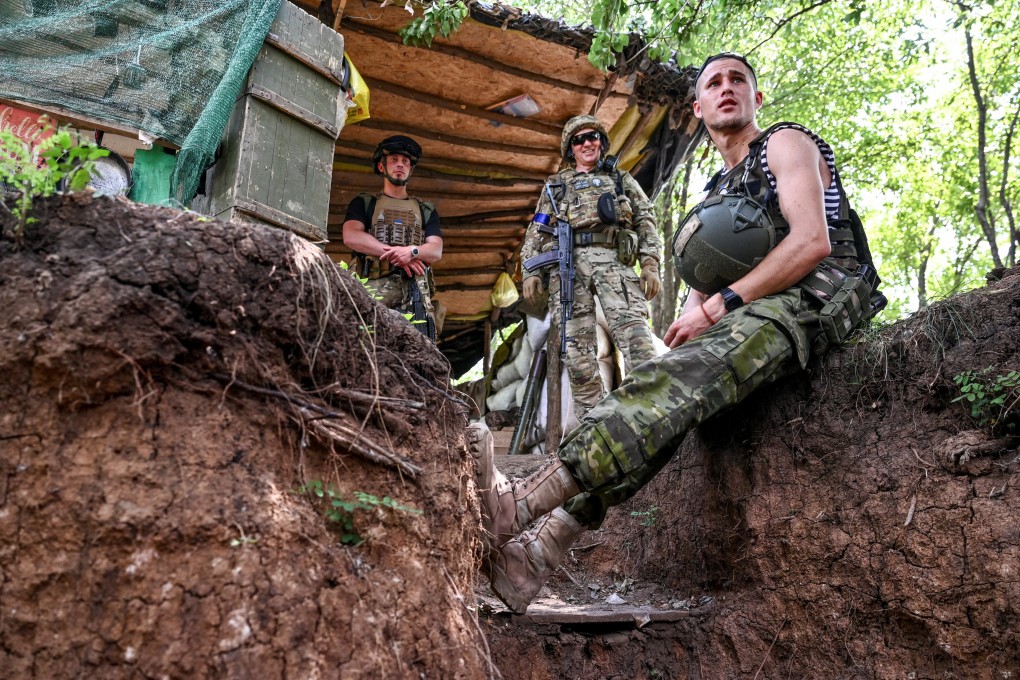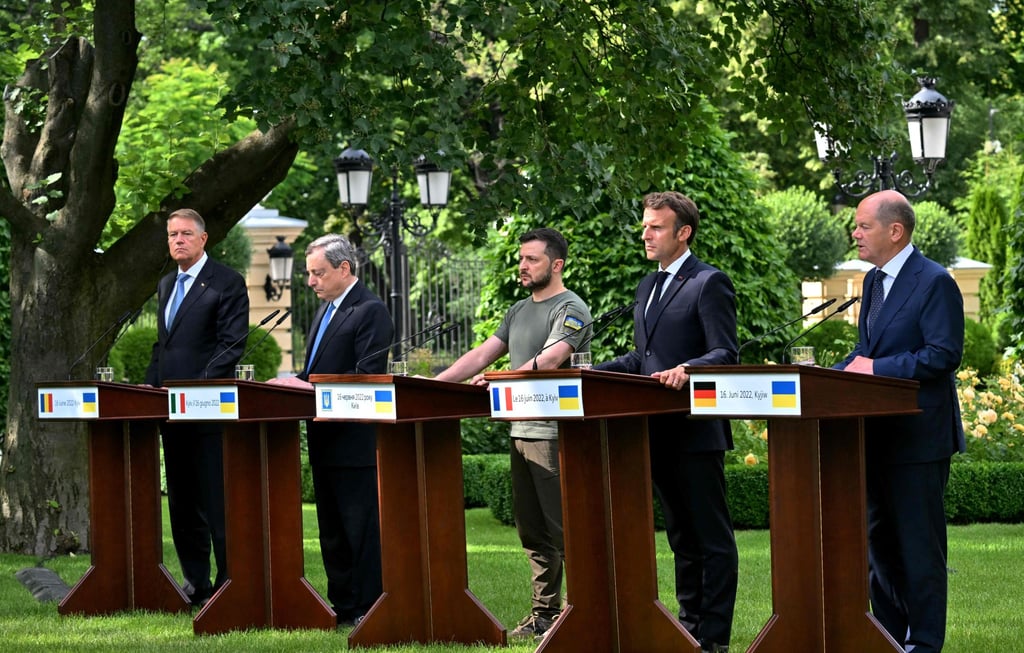Opinion | As Ukraine faces a war of attrition, European unity is fracturing
- While EU support for Ukraine remains strong, Europeans are divided over long-term goals, with some wanting a swift return to peace and others calling for a decisive defeat of Russia
- This split may widen as the war drags on, with both Moscow and Kyiv willing to pour more resources into the conflict

Since Russia invaded Ukraine, one of the genuine geopolitical surprises has been the stronger-than-expected unity the West has shown against Moscow.
Hungary has been the most outspoken outlier so far. Yet even behind wider European public statements of support for Ukraine, there are significant differences of opinion, including between Western European nations such as Germany and France, and Eastern states which want to see a tougher response, such as the Nordics, Baltics and Poland.
In all countries, apart from Poland, the “Peace” camp is larger than the “Justice” camp. European citizens also worry, increasingly, about the cost of sanctions and the threat of military escalation.

So far, these differences have been camouflaged quite successfully by the Brussels-based club. However, this may become harder to do as the economic and political pain of the Ukraine crisis cuts deeper.
